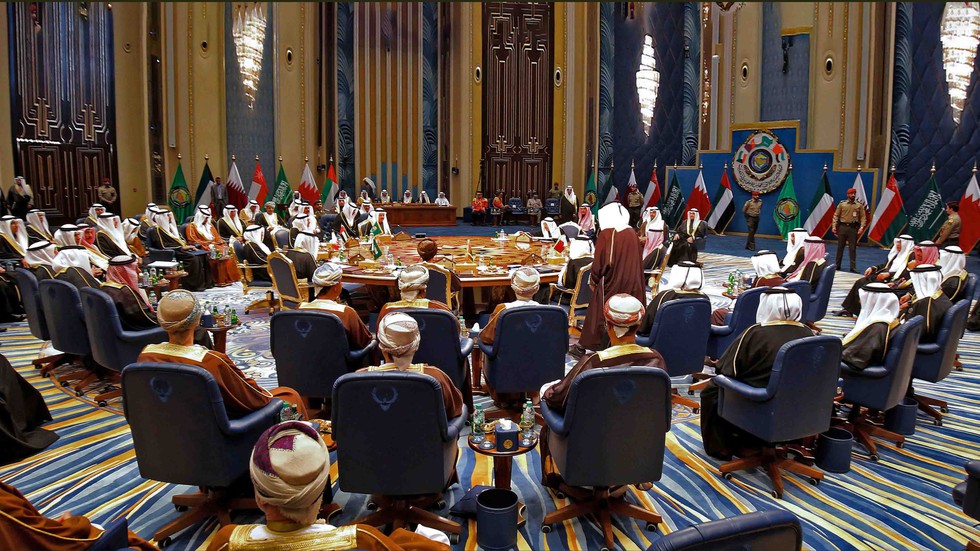Iran’s assertiveness in the Middle East, particularly through its missile capabilities, has heightened tensions in the region. In response, the United States is engaging with Gulf Cooperation Council (GCC) nations to bolster regional defense.
The Growing Concern
Iran’s recent display of missile capabilities has raised alarms among neighboring Arab states, especially those with close ties to the U.S. They perceive Iran’s actions as a direct threat to their security and stability.
The Role of the Gulf Cooperation Council (GCC)
The GCC, consisting of Bahrain, Kuwait, Oman, Qatar, Saudi Arabia, and the United Arab Emirates, is crucial for U.S. interests in the region. These nations share concerns over Iran’s ambitions and view its missile program as a significant threat.
The Proposed Defense Mechanism
To address these concerns, discussions are underway to establish a ‘missile shield’ in Gulf states. This shield would utilize advanced technology and intelligence sharing to detect and intercept potential missile threats, aiming to deter Iranian aggression and safeguard key economic assets.
Challenges in Crafting a Defense Strategy
Despite the shared goal, challenges such as differences in military capabilities, political sensitivities, and concerns over sovereignty complicate efforts to form a unified defense strategy. The risk of escalation and regional instability further exacerbates the situation.
Persistent Diplomatic Efforts
Despite obstacles, diplomatic efforts continue, highlighting shared interests and mutual concerns between the U.S. and its Arab allies. Negotiations underscore the ongoing tensions shaped by Iran’s missile threat.
Multiple Choice Questions (MCQs) with Answers:
- What has prompted discussions between the United States and GCC nations?
- A) Increased oil prices
- B) Iranian missile capabilities
- C) Economic sanctions
- D) Terrorism threats
- Answer: B) Iranian missile capabilities
- Which countries are members of the Gulf Cooperation Council (GCC)?
- A) Iraq, Syria, Jordan
- B) Egypt, Libya, Tunisia
- C) Bahrain, Kuwait, Oman, Qatar, Saudi Arabia, United Arab Emirates
- D) Turkey, Lebanon, Israel
- Answer: C) Bahrain, Kuwait, Oman, Qatar, Saudi Arabia, United Arab Emirates
- What is the primary aim of the proposed ‘missile shield’ in Gulf states?
- A) To intercept drones
- B) To detect oil reserves
- C) To deter Iranian aggression
- D) To promote tourism
- Answer: C) To deter Iranian aggression
- What are some challenges in forming a unified defense strategy against Iran?
- A) Religious differences
- B) Political alignment with Russia
- C) Military capabilities, political sensitivities, and concerns over sovereignty
- D) Economic trade agreements
- Answer: C) Military capabilities, political sensitivities, and concerns over sovereignty
- What underscores the ongoing tensions in the Middle East according to the passage?
- A) Religious conflicts
- B) Water scarcity
- C) Iran’s missile threat
- D) Refugee crisis
- Answer: C) Iran’s missile threat
